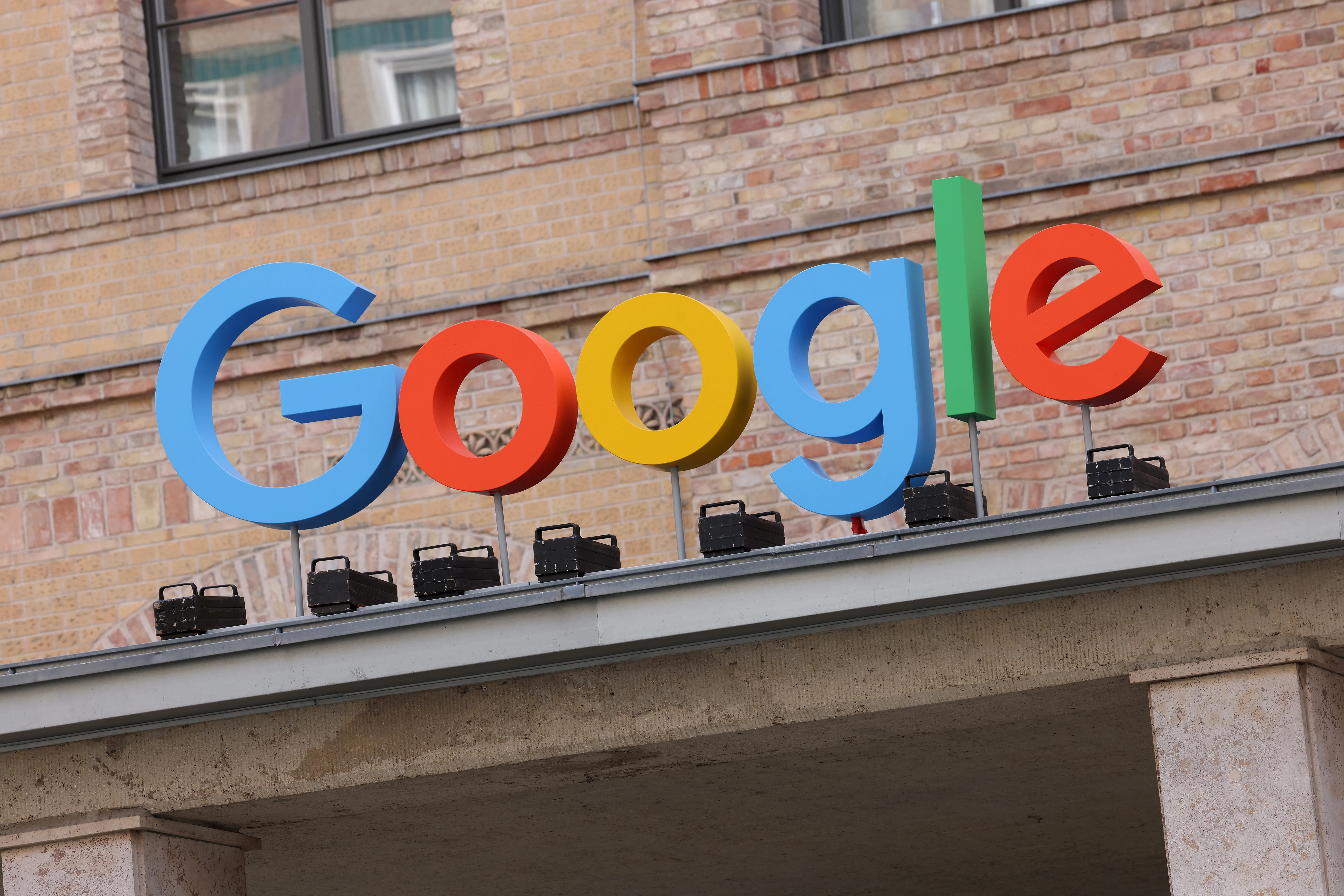Google has undergone significant changes and faced multiple challenges this year as it navigates an era defined by technological innovation and market pressures. The tech giant removed 10% of its middle management in a strategic move announced during a December all-hands meeting. This decision came amid efforts to streamline operations and return to a more agile, startup-like culture, as championed by CEO Sundar Pichai.
The company also saw a major leadership shift with the replacement of Prabhakar Raghavan, the longtime head of search, by Nick Fox, a career Google employee. This change is part of Google’s broader strategy to maintain competitive leadership in the fast-evolving tech landscape. Despite these internal shifts, Google’s share of the search advertising market is projected to dip below 50% by 2025, according to research firm eMarketer.
In the third quarter, Google reported the fastest-growing cloud business among major tech companies, with revenues up 35% from the previous year and operating margins at 17%. The company has seen double-digit revenue growth for four consecutive quarters, highlighting its resilience amidst industry challenges.
Google’s innovative edge was further demonstrated with the launch of Trillium, its sixth-generation Tensor Processing Units (TPUs), which power advanced AI models, including those used by Apple. In a legal victory, Google secured a temporary pause on a ruling that would have forced it to open Android to more app stores, illustrating its ongoing legal battles to maintain platform control.
However, alongside these successes, Google has faced tough decisions. The company eliminated 12,000 jobs in 2023, amounting to roughly 6% of its workforce, with further reductions continuing into this year. This has sparked internal tensions, exacerbated by Google’s aggressive pursuit of federal government contracts.
The tech giant also reorganized its AI strategy by transferring the team working on the Gemini AI app to the Google DeepMind division under AI head Demis Hassabis. Meanwhile, Google’s Waymo unit expanded its robotaxi service to three cities, delivering 4 million fully autonomous rides this year and planning commercial launches in Austin and Atlanta next year.
YouTube remains a significant revenue generator for Google, with combined ad and subscription revenue surpassing $50 billion over the past four quarters. Additionally, Google launched Veo 2, a video generation product, and an updated AI note-taking product, NotebookLM.
CEO Sundar Pichai has actively sought to steer Google towards a more entrepreneurial culture. He has participated in meetings with Google’s Labs team to drive innovation and foster nimbleness within the company.
“Hire the smartest people so they can tell us what to do,” remarked an anonymous employee, reflecting on Google’s traditional hiring philosophy.
Yet another anonymous voice highlighted internal frustrations, stating:
“Despite the company’s stellar performance and record earnings, many Googlers have not received meaningful compensation increases.”
In response to criticisms and challenges faced by the company, Sergey Brin acknowledged shortcomings in product testing:
“We definitely messed up on the image generation,” admitting that “it was mostly due to just not thorough testing.”
Liz Reid emphasized Google’s commitment to addressing issues as they arise:
“When we find new problems, we should do the extensive testing but we won’t always find everything and that just means that we respond.”
Amidst these dynamics, Anat Ashkenazi expressed optimism about continuous improvement:
“I think any organization can always push a little further and I’ll be looking at additional opportunities.”
In an attempt to reassure stakeholders about Google’s direction in search innovation, Sundar Pichai called recent developments:
“The biggest change to search in 25 years.”
Featured image courtesy of TechCrunch

